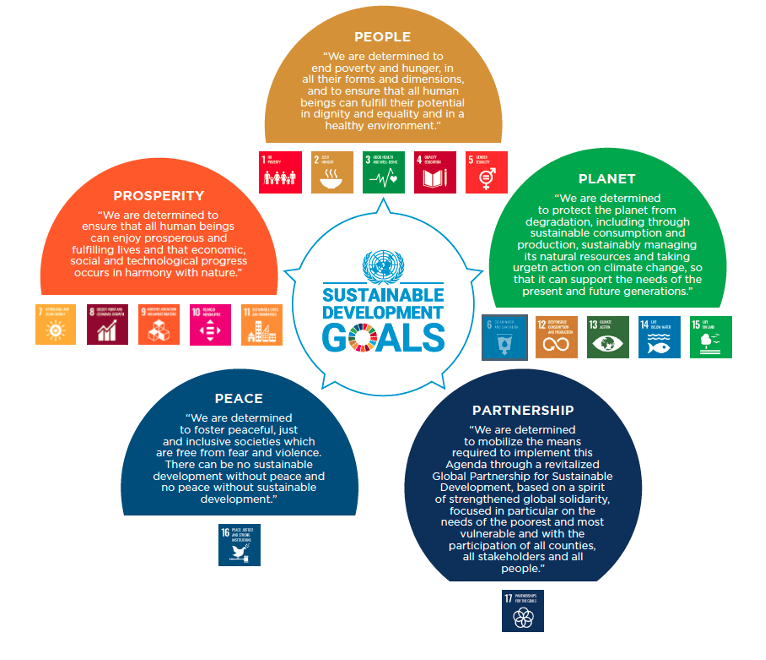
The build-up towards what will be a controversial World Cup in Qatar and media focus on the UN’s climate change conference, COP 27, in Egypt appears to be stimulating a renewed interest in the sustainability of sport. Recently I have been developing a project with a small group of amateur football clubs to achieve their ambitions to become Net Zero and align their activities with the United Nations Sustainable Development Goals.
The originator of the project was Leicester Nirvana, who wrote to me towards the end of lockdown in 2021 with the idea of becoming the UK’s first Net Zero Amateur football club and asking for help. Soon after I learned about Eintracht Peitz in Germany who quickly joined the project. Both clubs immediately gave me new insights into the challenge of working to tackle climate change in their contexts. Concurrent to this activity, the United Nations launched its ‘Football for the Goals’ campaign during the Women’s Euros 2022, offering useful resources to football clubs wanting to connect to the SDGs.
Nirvana provides playing opportunities for more than 1,000 boys, girls and adults from the St Matthews’ and Highfields Estates in Leicester. Its ultimate goal is to achieve net zero carbon emissions in all aspects of football club activities and inspire players’ families to adopt similar philosophies in their home lives. They believe that by engaging with De Montfort University in teaching and research activities linked to the themes of the SDGs, particularly carbon reduction, climate action and greening the economy, it is hoped the young players will be inspired into future careers in sustainability and pursue higher education.
The project is believed to be a first in the United Kingdom and seeks develop a template for other sports clubs seeking to achieve Net Zero targets. Subsequently, DMU learned of and connected with SG Eintracht Peitz in Germany which holds a similar vision. Together, plans have been developed and we publicly announced the project in July.
The university aims to develop new research and teaching and supporting both clubs in their ambitions, through the five UN SDG themes of People, Planet, Prosperity, Peace and Partnership, highlighted here:

The partners agreed to pursue the following ideas as the project progresses:
People SDGs; 1,2,3,4,5
- Education – How young people learn about carbon reduction and sustainability
- Nutrition – How to promote a sustainable healthy diet
- Social Justice – approaches to improving life in areas of deprivation and community challenges
Planet SDG; 6, 12, 13, 14, 15
- Energy – How the clubhouse is heated and pitch is lit in the evenings, and use of water
- Consumption – Ending single use plastic, switching to sustainable resources
- Transport – how players and families travel to games
Prosperity SDGs; 7,8,9,10,11
- Promoting jobs in the green economy
- Raising career aspirations
- Eco-Entrepreneurship
Peace SDG16
- Strengthening institutions and governance
- Tackling corruption
- Democratic decision making
- Partnerships ((SDG 17)
- Work with other clubs
- Work with other sports
- Work with Business and Community
The university is looking at ways to develop new research and teaching around initial themes including:
- University researchers are developing initial projects.
- University students are to be offered the opportunity to volunteer to work alongside the players as part of a ‘service-learning’ approach to study, learn and develop new approaches for sustainability, while offering mentorship to the players.
- Student hackathons are proposed as a potential engagement exercise to solve problems through collaboration.
At the heart of this project has been the important inclusion of both football teams being part of all activity and decision-making with the university.
We have collectively developed an outline strategy, with a broad agreement that in order to pursue Net Zero ambitions, using the following principles to under pin a strategic plan:
- Use the United Nations Sustainable Development Goals as a Framework for delivery
- Leave no one behind: Ensure participation for all those willing, champion equality, diversity and respect.
- Educate young people, share #SimpleMessages and raise aspirations
- Champion the environment: Plant trees, improve air quality etc
- Engage and co-create new innovations: e.g., Klima Kids clubs, Smart Switches, Growing walls, retrofits, Solar energy use, water recycling etc
- Highlight new areas for research: E.g., reusables in sport
- Develop leadership for Net Zero champions: Training and mentorship
- Seize potential for local economic growth: bring industry and community together on climate change
- Empower young people to campaign: E.g.: Lobby local/National government
- Reduce crime and violence: Protect communities from drugs and knife-crime
- Seek new partnerships for climate action
- Create a safe space for the community
- Grow awareness to engage stakeholders at all levels (DFB/FA/Bundestag/UKGov etc)
- Hold sport exchanges to develop a post-Brexit friendship
- Develop a joint values Charter that all partners must adhere to
- Sign all partners to the UN’s Football for the Goals
Since these principles were agreed, new clubs and football NGOs have joined the project as well as new research partners.
These include:
Vicky Park Queens, a women’s team from Leicester
Internationale Berlin, a football club in Berlin founded to champion social justice
Yakarr Football Academy, a girls’ football academy, Sifoe, The Gambia
Malaysia Indian Football Association, Kuala Lumpur, Malaysia
This project is right at the start and one of the founding initiatives will be developing ideas to give the players a voice in the climate change debate. Will write more about that soon.
Anyone interested in getting involved, or sponsoring, the Net Zero football project is welcome to contact the UNAI SDG hub via dmusdg16@dmu.ac.uk.ac.uk